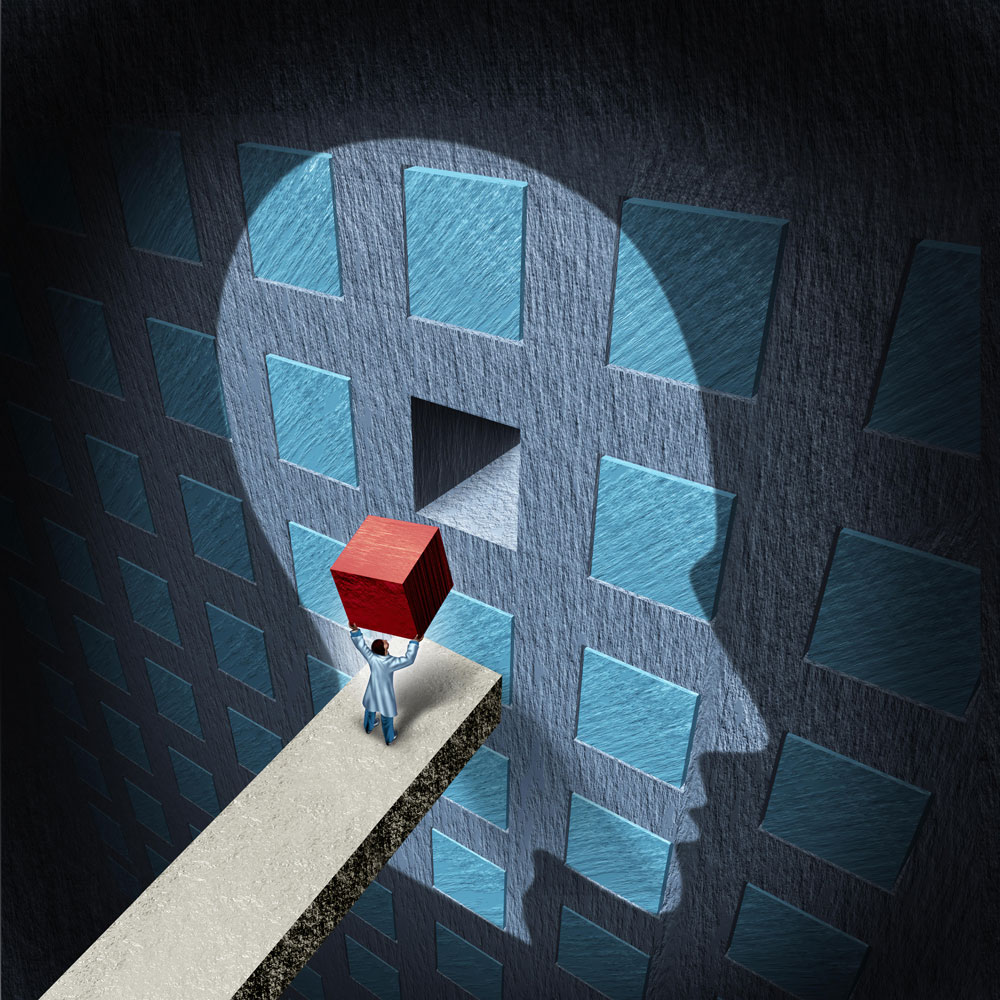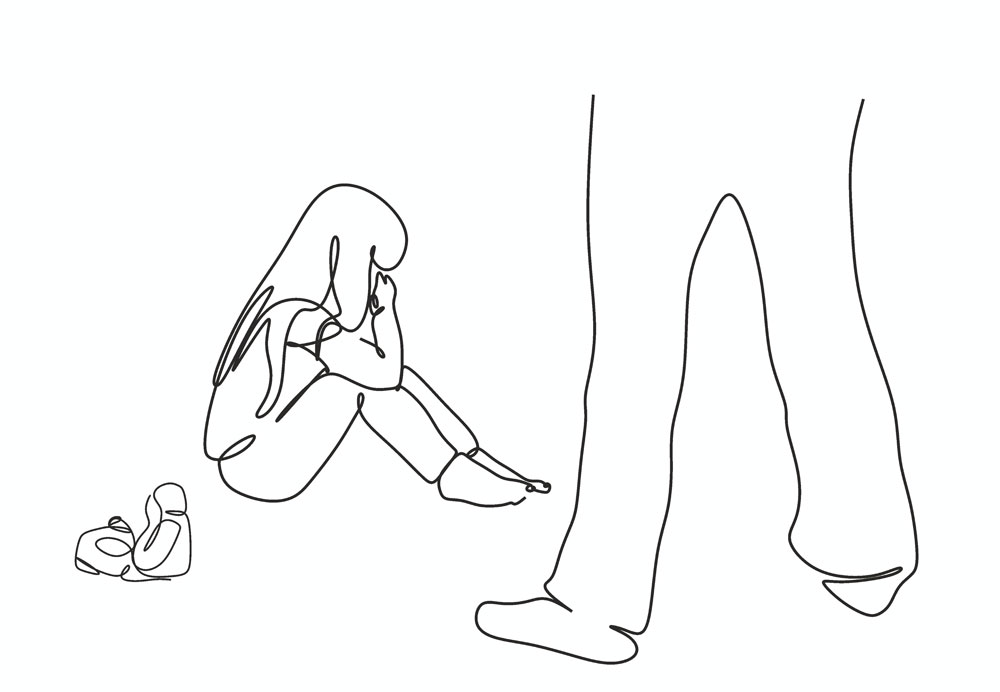Mental Health & COVID-19 in Australia
Mental Health in 2021
Depression & Anxiety
45% of Australians have experienced a mental health disorder at least once in their lifetime, with recent figures now showing 1 in 5 adults experiencing a mental illness every year.
Adults aren’t the only people affected by mental health disorders. In the past 3 years, throughout the COVID-19 pandemic, we have seen an alarming increase in mental health disorders – especially in teenagers and young adults aged between 15 and 24.
The three most common mental health disorders?
- Depression
- Anxiety
- Substance abuse
Studies have shown that excessive internet use, and social media have been a large contributor to this increase.
In Australia today the most common mental health illnesses are depression and anxiety. This has exacerbated by the COVID-19 epidemic – isolation playing a key factor.
For many people, trying to take that first step and getting help is hard. There are many public and private support organisations that can help, starting with your own doctor.
Signs to look for when someone you know has a Mental Health Disorder
- Long-lasting sadness or irritability.
- Extremely high and low moods.
- Excessive fear, worry, or anxiety.
- Social withdrawal.
- Dramatic changes in eating or sleeping habits.
- Quiet or withdrawn.
- Emotional Outbursts.
How Can Your Doctor Help?
If you, a family member, or someone you know exhibits one of these signs, the first stage is to book a long appointment with your doctor. There are assessments your doctor may use, like a DASS21 or a K10 assessment tool, which will help your doctor with the discussion.
After the initial appointment, a longer appointment is booked with the doctor with the purpose to prepare a mental health care plan or eating disorder plan (whichever is applicable), providing a structured approach to help support the patient.
Additionally, the mental health care plan enables doctors to initiate a specialist mental health team involving psychologists and dieticians (where applicable). The preparation of this plan enables the patient to access up to 20 psychologist visits subsidised by Medicare per calendar year.
Mental Health Care Plan
After the initial appointment, another appointment is booked with the doctor with the purpose to prepare a mental health care plan or eating disorder plan (whichever is applicable). This will provide a structured approach to help support the patient.
Additionally, the mental health care plan enables doctors to initiate a specialist mental health team involving psychologists and dieticians (where applicable).

The preparation of this plan enables the patient to access up to 20 psychologist visits subsidised by Medicare per calendar year.
The doctor will usually authorise 6 visits at a time, with the doctor organising an appointment with the patient to review after the six visits.

Types of Mental Health Disorders
- Mood Disorders (such as depression and bipolar disorder)
- Anxiety Disorders (such as OCD and panic disorder)
- Personality Disorders
- Psychotic Disorders (such as schizophrenia)
- Eating Disorders (Binge Eating Disorder and Anorexia Nervosa)
- Trauma-related Disorders (such as PTSD)
- Substance Abuse Disorders

Mood Disorders
Anxiety Disorders
Personality Disorders
Long term patterns of behaviour in which a person has a rigid and unhealthy pattern of thinking, functioning, and behaving. This type of disorder is further characterised by the person having trouble interacting and relating to other people.
Psychotic Disorders
- hallucinations
- delusions
- talking incoherently
- agitation
Eating Disorders
Trauma-related Disorders
- exposure to physical or emotional violence or pain
- abuse
- neglect
- family conflict
Substance Abuse Disorders
Treatments available for Mental Health Disorders
The treatment of mental health disorders varies with the type of disorders but will almost involve psychiatric counselling.
Common treatments include:
| Mental Health Disorder | Treatment |
|---|---|
| Anxiety | Counselling or medication |
| Binge Eating Disorder | Psychotherapy |
| Bipolar Disorder | Psychotherapy & medications |
| Clinical Depression | Medication, talk therapy or both |
| Eating Disorder | Medication, Nutritional Management and Cognitive Behavioural Therapy |
| Obsessive compulsive disorder (OCD) | Talk therapy, medication, or both |
| Panic Disorder | Medication and Cognitive Behavioural Therapy |
| Post-Traumatic Stress Disorder (PTSD) | Psychotherapy and medications |
| Schizophrenia | Medications, psychotherapy, and speciality care services |
Support Services
Kids Help Line
For ages 5 – 25
Available 24/7
P: 1800 551 800
W: https://kidshelpline.com.au/
Mental Health Emergency Response Line
Available 24/7
P: 1300 555 788 (metro)
W: https://www.healthywa.wa.gov.au/Articles/J_M/Mental-health-emergency
Lifeline
Crisis Support and Suicide prevention
Available 24/7
P: 13 11 14
Alcohol & Drug Support Line
Phone support for anyone seeking help for their own or another person’s alcohol or drug use.
P: 1800 198 024
Crisis Care
People in crisis needing urgent help, including children, domestic violence, and homelessness
P: 1800 199 008
